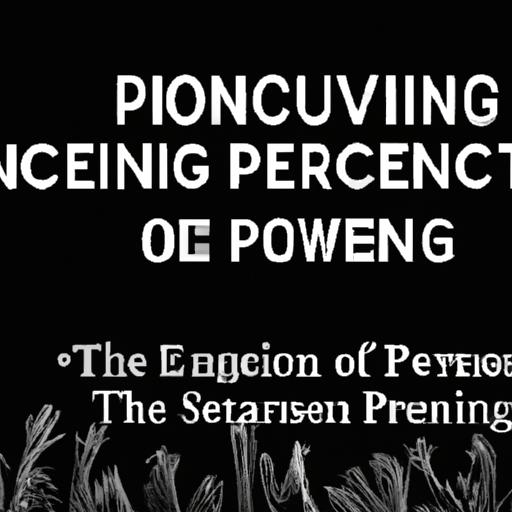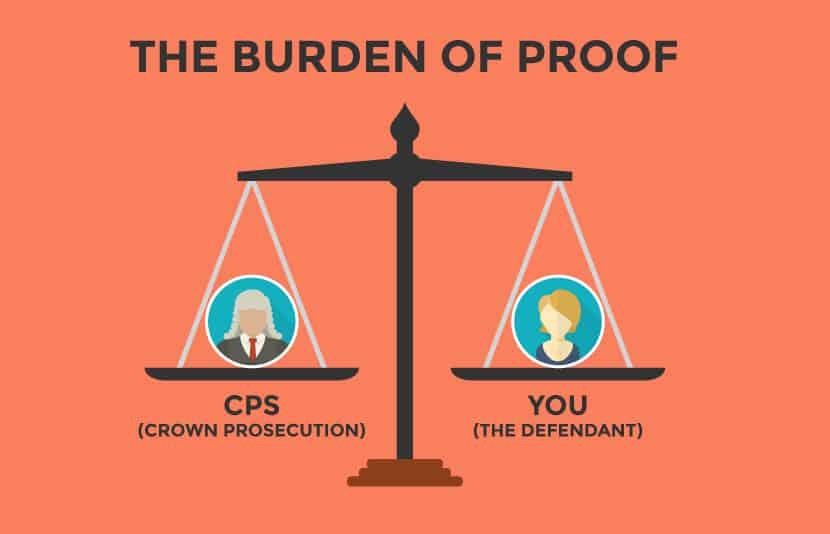Unleash Your Mind: Challenge Assumptions and Uncover the Truth Behind Your Beliefs!

“`html
Grasping the Difference Between Perceptions and Facts: A Guide to Correcting Misunderstandings
Table of Contents
- Grasping the Difference Between Perceptions and Facts: A Guide to Correcting Misunderstandings
- Dangers of Overgeneralizing
- Benefits of Questioning Beliefs
- Tactics for overcoming Assumptive Thinking:
- Distinguishing Assumptions from Facts
- Dangers of Over-Relying on Assumption span > h2 >
The overreliance on assumptions can result in various challenges:
Poor Communication: Strong assumptions may obstruct effective communication leading to misunderstandings among colleagues, friends, or family members.
tensions: Assuming others' intentions might ignite unneeded disputes.
Poor Decision-Making: choices made based on incorrect assumptions frequently lead to notable errors.
Irrational Emotional Responses: Making unfounded assumptions can trigger emotional reactions that cloud logical thinking.Benefits of Questioning Assumptions span > h2 >
dismantling habitual assumption-making brings numerous advantages:
Smoother Communication:A clear understanding fosters open dialogue while minimizing conflicts.
Better Relationships:A deeper insight into others’ perspectives strengthens both personal and professional bonds.
Sensible Decision-Making: b>The foundation for choices grounded in factual facts leads to better results while mitigating risks.
Cultivated Emotional Intelligence: Recognizing when it’s necessary to question your own thoughts nurtures empathy towards others.
style > li >Strategies for Challenging Presumption-Based thinking here are some actionable methods you can adopt: span > h2 >
An Examination Of Your Thoughts: When you catch yourself making an assumption , pause & ask yourself “What evidence supports this?”
< li style = “margin-bottom:.5em”>Seek Clarity: If you're uncertain about someone's motives or opinions, ask them directly instead of jumping to conclusions.
< li style = “margin-bottom:.5em”>Develop Fact-Finding Habits: Prioritize factual information over emotions when making decisions.
< li style = “margin-bottom:.5em”>Enhance Critical Thinking skills: pursue activities that challenge your reasoning abilities while fostering curiosity.
< ; p >& lt ; b >& lt ; p >& lt ; p >& lt ; p >& lt ; p >&
Understanding Real-Life Examples
table of Contents
- Grasping the Difference Between Perceptions and Facts: A Guide to Correcting Misunderstandings
- Clarifying Perceptions vs. Reality
- Dangers of Overgeneralizing
- Benefits of Questioning Beliefs
- Clarifying Perceptions vs. Reality
Key Characteristics
Understanding the difference between what we assume and what is factual is crucial for personal growth and effective communication. Assumptions often stem from our experiences or biases, while facts are based on objective evidence.
Dangers of Overgeneralizing
Making broad assumptions can lead to misunderstandings that affect relationships both personally and professionally. For instance, a recent survey indicated that over 60% of workplace conflicts arise from misinterpretations or unfounded beliefs about colleagues' intentions.
Benefits of Questioning Beliefs
Challenging our own beliefs can foster a more accurate understanding of situations. By questioning our perceptions, we open ourselves up to new perspectives which can enhance collaboration and reduce conflict.
Tactics for overcoming Assumptive Thinking:
Here are some effective techniques you can apply:
- Examine Your Thoughts: When you catch yourself making an assumption, take a moment to consider “What evidence backs this?”
- Seek Clarity: if you have doubts about someone's intentions or opinions, inquire directly instead of leaping to conclusions.
- Develop Fact-Gathering Habits: Strive for objective data rather than depending entirely on feelings in your decisions.
- Enhance Critical Thinking capabilities: Engage in pursuits that test your logical reasoning and stimulate curiosity.
- Practice Mindful Reflection: Recognize your emotions and thoughts as they arise so you can identify when you're formulating unwarranted assumptions.
An Analysis of real-Life Examples:
let us explore case studies that highlight the significance of separating presumptive thinking from factual awareness:
An Instance from Business Environment:
In a software development company setting, the project leader suspected one team member was uninterested because of late deliverables. However, after an open dialogue it was revealed that outside circumstances were impacting their output.This scenario emphasizes the necessity not to jump ahead without solid proof.
A Personal Relational Example:
A pair often disagreed as one partner thought the other was apathetic. Truthfully, this misunderstanding was resolved through candid communication uncoverering that one was merely occupied with professional obligations aimed at ensuring their future. This case exemplifies how clear dialogue can avert disputes stemming from incorrect assumptions.
`
In our daily lives, we often create assumptions based on our perceptions, experiences, and beliefs. It’s crucial to understand that these assumptions do not necessarily reflect facts. Relying on misconceptions can lead to misunderstandings, poor decision-making, and negative outcomes.This article emphasizes the significance of distinguishing between assumptions and facts, the dangers of relying on presumptions, and practical strategies for overcoming them.
Distinguishing Assumptions from Facts
Assumptions are beliefs accepted without concrete evidence; they often stem from personal biases or previous experiences. Conversely, facts are rooted in objective reality backed by verifiable proof. Understanding this difference is vital for both personal growth and professional success.
Key Characteristics
| characteristic | Assumptions | Facts | ||
|---|---|---|---|---|
| Basis | Subjective beliefs or opinions | Objective data that can be verified | ||
| Level of Certainty | Often uncertain or ambiguous | Clearly defined and certain td > tr > |
||





This is such an important topic! It’s amazing how often we hold onto beliefs without questioning their origins or validity. Breaking free from assumptions can really open our minds and allow for personal growth and deeper understanding.
Absolutely! Challenging our assumptions not only helps us to better understand ourselves but also fosters empathy towards others’ perspectives—it’s all about growing and evolving through open dialogue and critical thinking.